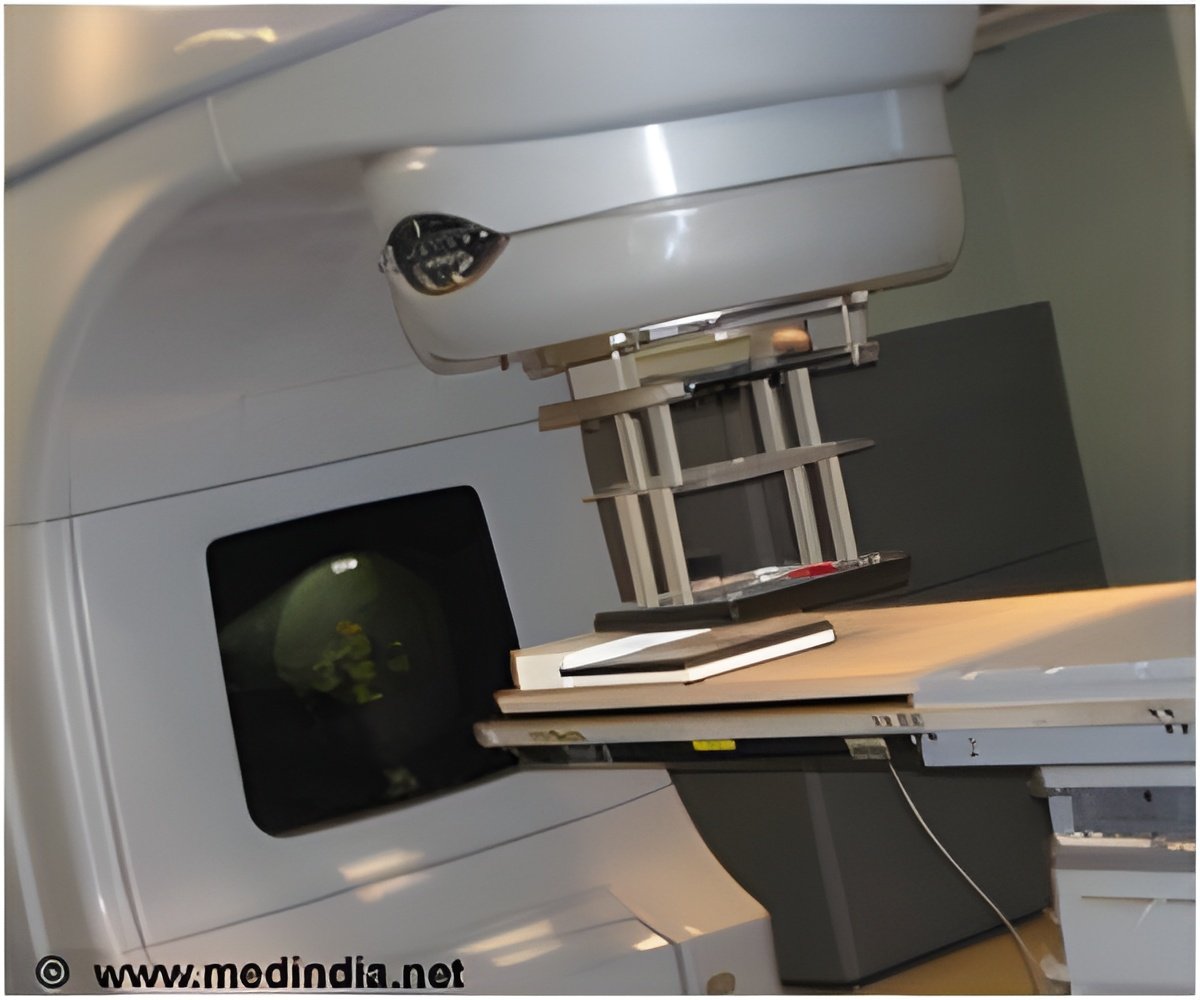
‘Abdominal and pelvic-directed radiation therapy during childhood, damages postural muscles or subtly impairs sex hormone production, leading to lower relative lean body mass among cancer survivors. Resistance training interventions in survivors increase lean mass.’
Read More..Tweet it Now
"Body composition abnormalities and cardiometabolic impairments are of concern among survivors given that in the general population, these conditions increase the risk of developing life-threatening diseases including cardiovascular disease and type 2 diabetes," said Wilson. The impacts of radiation therapy on metabolic health have been previously reported for survivors of pediatric leukemia, brain tumors, and hematopoietic stem cell transplants, but the impacts on survivors of pediatric abdominal and pelvic tumors remained unclear, she said.Read More..
In this study, Wilson and colleagues assessed 431 adult survivors of pediatric abdominal or pelvic solid tumors who had been previously treated at St. Jude Children's Research Hospital. The median age of participants during the study was 29.9 years. The most frequent childhood diagnoses were neuroblastoma, Wilms tumor, and germ cell tumor, and the median age of participants at diagnosis was 3.6 years. Approximately 37 and 36 percent of participants had received abdominal and pelvic radiation therapy, respectively, as part of their treatment.
To assess the impacts of radiation therapy, the authors compared the participants' body composition, metabolic abnormalities, and physical function to those of the general population, using age-, sex-, and ethnicity-matched data from the 2013 to 2014 National Health and Nutrition Examination Survey (NHANES).
Wilson and colleagues found that compared with data from NHANES, the survivors in their study were significantly more likely to have insulin resistance (33.8 percent vs. 40.6 percent), high triglycerides (10.02 percent vs. 18.4 percent), and low levels of high-density lipoproteins, commonly referred to as "good cholesterol" (28.9 percent vs. 33.5 percent). There were no significant differences in the levels of low-density lipoproteins ("bad cholesterol") between survivors and the general population.
The analyses also demonstrated that survivors of abdominal and pelvic solid tumors had lower relative lean body mass than the general population and that the lower relative lean body mass was associated with the dose of prior abdominal or pelvic radiation. Lean body mass, which measures the non-fat content of the body, is related to basal metabolic rate; therefore, an individual with lower lean body mass burns fewer calories while resting than someone with higher lean body mass, Wilson explained.
Advertisement
"It is possible that abdominal and pelvic-directed radiation therapy damages postural muscles or subtly impairs sex hormone production, ultimately affecting muscle mass," said Wilson. She explained that radiation therapy has been shown to cause muscle injury, resulting in muscle fiber loss and loss of muscle regenerative cells, in animal studies. Wilson added that lifestyle choices may also impact relative lean mass and cardiometabolic health among survivors.
Advertisement
In addition, Wilson is interested in exploring how interventions directed at lifestyle behaviors could improve lean mass and decrease fat mass among survivors of pediatric cancers. "While it may not be possible to avoid radiation therapy as a key treatment for many solid tumors, early research suggests that resistance training interventions in survivors increase lean mass," said Wilson. "Further work is needed to see if training would also impact cardiometabolic impairments in this population."
A limitation of the study is that cardiometabolic outcomes may have been measured differently in the study cohort compared with those surveyed by NHANES.
Source-Eurekalert















